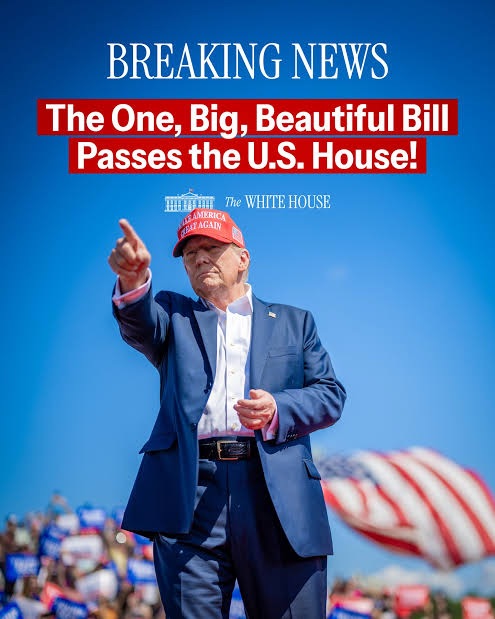Buenos Aires, September 2023. Hundreds of people crowded around to wave flags and film on their phones. The man with unruly hair and sideburns in the center of them, clad in a black leather jacket, hoisted a roaring chainsaw above his head.
This was an election rally taking place in the San Martín area of the Argentine capital, and the metaphor was explicit. Candidate Javier Milei believed the state was far too bloated, with annual debts that were larger than Argentina's entire economic output. Instead of 'trimming the fat', he announced he would take a chainsaw to ministries, subsidies, and the ruling political class he derided as la casta.
Milei has a history of flamboyant stunts; in previous campaigns, he dressed as a libertarian superhero and smashed a piñata of the Central Bank on live television. His unorthodox style resonates with a populace frustrated by years of economic mismanagement, notably under soaring inflation rates, which topped 211% in 2023.
By December 2025, Milei's policies have yielded some positive metrics: Argentina saw its first fiscal surplus in 14 years, and inflation has decreased to around 36% annually. International attention has been favorable, with remarks from UK Conservative leader Kemi Badenoch praising Milei's measures as a potential template for future governance, and Donald Trump declaring him as my favorite president.
Despite these achievements, the grassroots reality is starkly different. Protests erupted from various sectors, the police responded with tear gas and water cannons, reflecting a deeper dissatisfaction with the painful economic adjustments, which critics argue disproportionately harm the working classes. Mercedes D'Alessandro, a left-wing economist and senate candidate, states that while Milei promised adjustments would target the wealthy and corrupt, the burden has fallen more heavily on ordinary people.
Farmers and factory owners have been severely impacted by deregulation policies, leading to closures and job losses. In regions like Misiones, yerba mate producers like Ygor Sobol lament falling crop prices and the inability to sustain the business. Simultaneously, Milei's tariff cuts have negatively impacted the textile industry, leading to significant job loss.
All the while, Milei continues to assert that his radical measures will yield better long-term results for all Argentines. However, without sustained support and with looming elections, there is uncertainty about the viability of his economic platform. With markets responding quickly to political changes and discontent growing, the quest for a stable Argentina remains fraught with challenges.




















